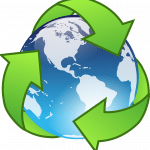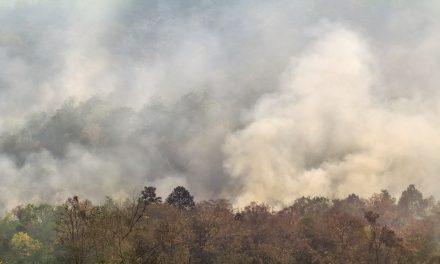/ Whale and Dolphin Conservation

A team of researchers at the U.S. Department of Energy’s Lawrence Berkeley National Laboratory has designed a recyclable plastic.
Like a Lego playset, it can be disassembled into its constituent parts at the molecular level. It can then be reassembled into a different shape, texture, and colour again and again without loss of performance or quality. The new material is called PolyDiKetoenamine or PDK.
WHAT IS PLASTIC MADE OF?
All plastics, from water bottles to automobile parts, are made up of large molecules called polymers. Polymers are composed of repeated units of shorter carbon-containing compounds called monomers. Chemicals are added to make plastic more tough or flexible and these are tightly bound to the monomers. They stay in the plastic even after it’s been processed at a recycling plant.
During recycling processes, plastics with different chemical compositions like hard, stretchy, clear or coloured plastics, are mixed together and ground into bits. Then this mix of different plastics is melted to make a new material. But it is hard to predict which properties it will inherit from the original plastics.
This uncertainty has prevented plastic from becoming a truly circular material that can be reused for as long as possible, or “upcycled” to make a new, higher quality product.
WHY IS PDK SPECIAL?
Unlike conventional plastics, the monomers of PDK plastic can be recovered and freed from any additives simply by dunking the material in a highly acidic solution. The acid helps to break the bonds between the monomers and separate them from the chemical additives that give plastic its look and feel.
Using PDK could make a difference for where there are no recycling options. For example, adhesives, phone cases, watch bands, shoes, computer cables, and hard thermosets that are created by moulding hot plastic material.
WHAT NEXT?
We now need facilities to recycle or upcycle PDK and related plastics and then we would be able to more effectively divert plastic from landfills and the oceans. How amazing would that be?
Visit our website www.notwhalefood.com to find out more about the problem of plastic pollution.
Read more about the breakthrough discovery of PDK here.


